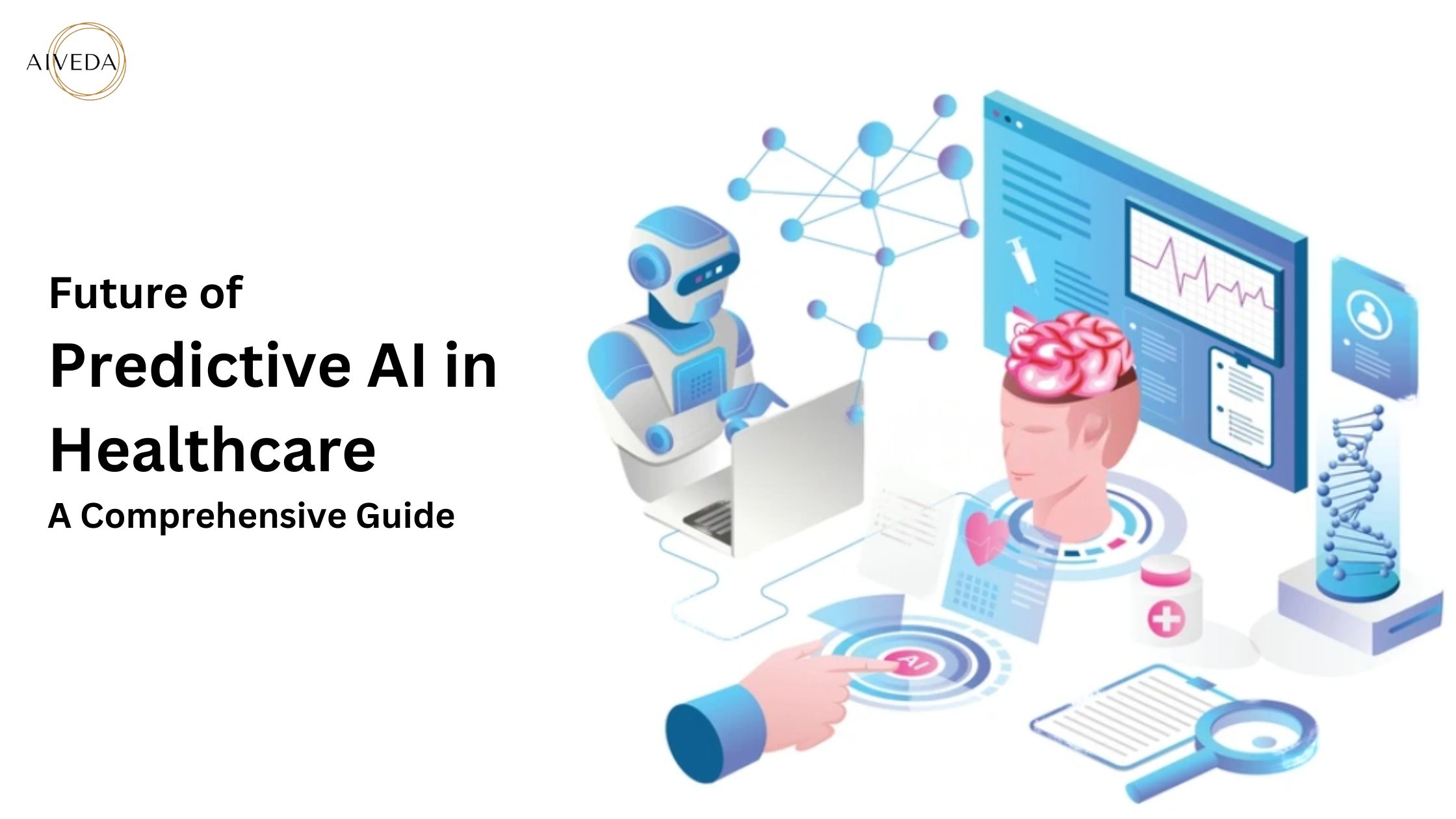
Introduction
The healthcare industry is undergoing a significant transformation, thanks in part to advancements in Predictive Artificial Intelligence (AI). Predictive AI has the potential to revolutionize healthcare by offering precise and timely medical interventions, thereby improving patient outcomes and reducing healthcare costs. This article aims to delve into the future of Predictive AI in healthcare, exploring its applications, challenges, and ethical considerations.
Applications of Predictive AI in Healthcare
Predictive Diagnostics
Predictive AI algorithms can analyze a multitude of variables, such as patient history, genetic markers, and even social determinants, to predict the likelihood of diseases. These algorithms can be integrated into Electronic Health Records (EHRs) to provide clinicians with real-time predictive insights.
Personalized Treatment Plans
Machine learning models can analyze the effectiveness of various treatment plans based on historical data and predict which treatment is most likely to succeed for a specific patient. This leads to more personalized healthcare and better patient outcomes.
Resource Allocation
Predictive AI can also be used to optimize the allocation of healthcare resources. For example, machine learning algorithms can predict patient inflow during specific times, helping hospitals to allocate resources more efficiently.
Technical Challenges in Implementing Predictive AI
Data Quality and Integrity
The effectiveness of predictive models is highly dependent on the quality and integrity of the data used for training. Inconsistent or incomplete data can lead to inaccurate predictions.
Computational Complexity
The computational requirements for running complex predictive models can be quite high, necessitating specialized hardware and software solutions.
Model Explainability
Healthcare professionals often require an explanation of how a model arrived at a particular prediction, which is a challenge for many complex machine learning models.
Ethical and Regulatory Considerations
Data Privacy and Consent
One of the most pressing ethical concerns in the deployment of predictive AI in healthcare is data privacy. Ensuring that patient data is securely stored and only used for its intended purpose is paramount. Patients must be informed and consent obtained for their data to be used in predictive models. The advent of regulations like GDPR and HIPAA has made it mandatory for healthcare providers to take data privacy seriously, but the ethical obligation extends beyond mere legal compliance.
Also Read – The Transformative Potential of Data and AI in Healthcare
Bias and Fairness
Another ethical dilemma is the potential for bias in predictive models. If the data used to train these models is not representative of the population it serves, it can lead to biased outcomes. This is especially concerning in healthcare, where biased algorithms can have life-altering consequences. Ethical AI development practices must include diverse and inclusive data sets to train models that are fair and unbiased.
Transparency and Accountability
The “black box” nature of some AI algorithms can make it difficult to understand how they arrive at certain predictions. This lack of transparency can be a significant issue, especially when healthcare providers need to explain decisions to patients or regulatory bodies. Future AI systems must aim for greater transparency and interpretability, allowing for more straightforward auditing and accountability.
Clinical Validation
Before predictive AI models can be widely adopted in healthcare settings, they must undergo rigorous clinical validation to ensure their accuracy and reliability. This involves multi-stage testing and peer-reviewed research, often requiring collaboration between data scientists, clinicians, and regulatory bodies. The process ensures that the AI system not only meets statistical benchmarks but is also clinically relevant and safe for patient care.
Ethical Oversight Committees
To address these ethical and regulatory challenges, many organizations are establishing ethical oversight committees. These committees are comprised of ethicists, clinicians, data scientists, and patient advocates who review AI projects for ethical soundness and compliance with regulations. Their role is to provide an additional layer of scrutiny, ensuring that ethical considerations are not overlooked in the rush to innovate.
By carefully considering these ethical and regulatory aspects, healthcare providers can responsibly implement predictive AI, maximizing benefits while minimizing risks.
Future Trends and Developments
Integration with IoT Devices
The future may see predictive AI algorithms integrated with Internet of Things (IoT) devices, such as wearable health monitors, to provide real-time predictive analytics. These IoT devices could continuously collect vital data, such as heart rate, blood pressure, and glucose levels, and feed them into predictive models. This real-time data analysis could enable immediate medical interventions, thereby reducing emergency hospital visits and improving patient outcomes.
Quantum Computing
Quantum computing has the potential to solve complex problems in seconds, which would take traditional computers years to solve. Its potential applications in predictive healthcare include drug discovery and complex genetic research. Quantum algorithms could significantly speed up the process of analyzing complex biochemical interactions, leading to faster and more accurate drug development.
Federated Learning for Data Privacy
Another emerging trend is the use of federated learning to train predictive models across multiple healthcare institutions without sharing sensitive patient data. This approach maintains data privacy while allowing for more robust and generalized predictive models.
Augmented Reality (AR) in Medical Training
Predictive AI could be combined with augmented reality to create more effective training programs for medical professionals. For example, AR could simulate various medical scenarios where predictive AI provides real-time data and predictions, helping medical professionals make better decisions during the training process.
Blockchain for Data Integrity
Blockchain technology could be employed to ensure the integrity and immutability of healthcare data used in predictive models. This would add an extra layer of security and trust, making it easier for regulatory bodies to approve the use of predictive AI in healthcare settings.
Also read – Predictive AI: Foreseeing the Future, Today
Conclusion
Predictive AI holds immense promise for the future of healthcare. However, several challenges need to be addressed, including data quality, computational requirements, and ethical considerations. As technology continues to advance, it is likely that predictive AI will become an integral part of healthcare, offering more personalized and effective treatments for patients.